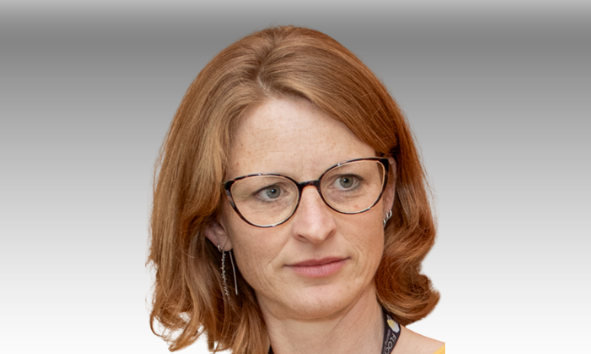Behind the scenes of FLOCERT’s ISO accreditation: 3 Questions to Theresa Glammert-Kuhr
17.06.2025
Since 2007, FLOCERT has been accredited against ISO 17065, the internationally recognised ISO norm for product certifiers. But why is this so important and how do our customers benefit? We asked FLOCERT's Assurance Scheme Manager, Theresa Glammert-Kuhr, for a look behind the scenes.
Theresa, FLOCERT prides itself on being accredited against the ISO 17065 norm by the German accreditation body DAkkS. What does DAkkS actually check and which areas does the ISO norm cover?
TGK: There are two elements to this. Before a certification body can be accredited for a specific scheme, the scheme – also called a certification programme – needs to be assessed for its ability to be accredited. In this process, the combination of Standards and the assurance approach to check on Standard requirements is evaluated. So, in our case, the Fairtrade Standards and our Fairtrade Certification scheme had been checked and it was decided that we can be accredited.
The second element is the accreditation of the certification body. For FLOCERT, as the certification body for Fairtrade, the ISO 17065 applies. This norm specifies requirements that a certification body needs to fulfil – covering requirements around legal and contractual matters, liability and financing, transparency and confidentiality, impartiality as well as non-discrimination. Furthermore, it addresses organisational structures and resources for certification work, and the processes used in certification. Lastly, it requires that the certification body have a management system in place to ensure consistent application of the requirements.
Why is this accreditation so important for FLOCERT? And how do our customers benefit?
TGK: In alignment with our mission, vision and values, we have a high aspiration for the quality of our work. One element to ensure this quality is to be open for external review and input to our work. This way, the efforts we invest in quality and credibility are also made visible. And our customers not only benefit from the efforts we put into fulfilling these high standards, but they also get external confirmation through DAkkS.
One aspect I would like to highlight is that it's also important for us to achieve accreditation as this allows comparability of results. This element is also key for the Fairtrade system to ensure that each certificate issued has the same value. Our customers can be sure that the same level of rigour is applied to any of their fellow producers or trading partners.
By the way, since achieving and maintaining our accreditation requires us to set up systems and processes in a structured manner, this routine also facilitates the implementation of new services which are not included in our DAkkS accreditation: we can build on a solid basis and extend the scope of our internal management system to other services to ensure the same level of quality.
How does DAkkS check compliance?
TGK: As part of our accreditation, DAkkS audits FLOCERT on an annual basis. The audits include a system review where topics such as legal and contractual matters, impartiality, governance, and management system are checked. The other part is the technical assessment to identify whether procedures are correctly applied. The auditor will select some certification cases and review how they were handled. The audit always takes place at the head office in Bonn, Germany, as well as in one or two of our regional offices on a rotation basis. Another key component of the annual audit are so-called witness audits: the DAkkS auditor accompanies one of our audits and evaluates the audit performance.
